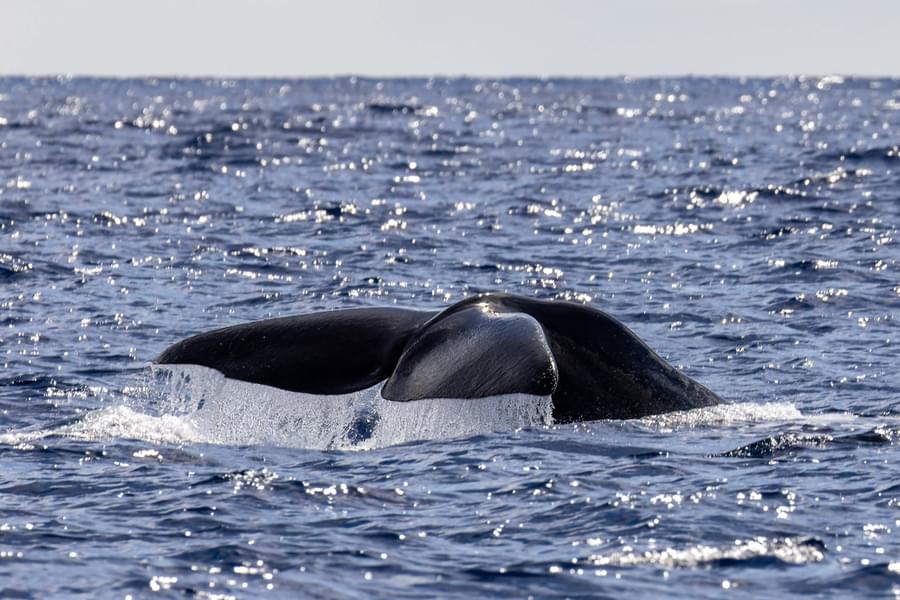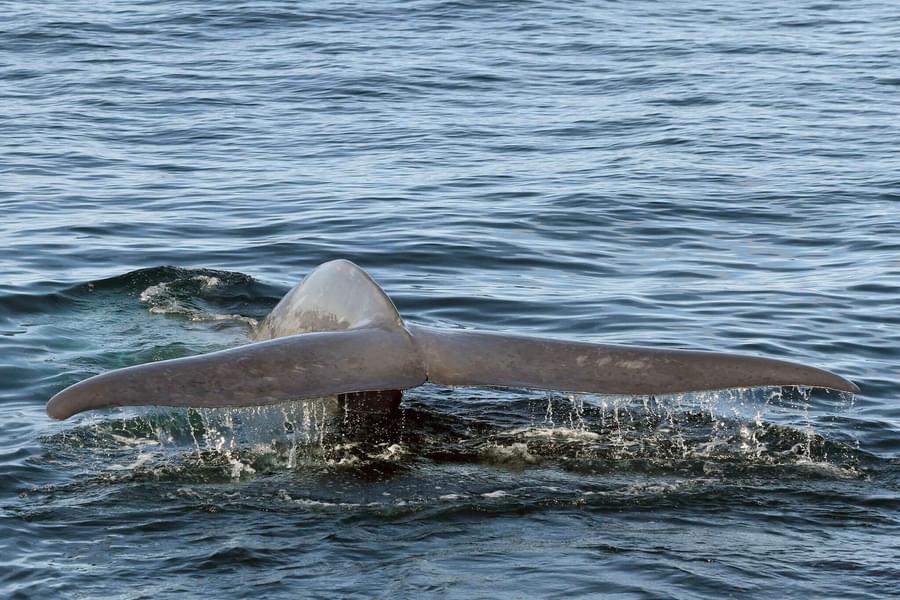After a couple of recent blog posts about threats to whales and their habitats, we have cause to celebrate a double-whammy of positive news. It’s been a very good week for whales, which is not something we get to say too often.
So in the first instance, blue whales are a rather unexpected beneficiary of the Seychelles having a debt of £16.8 million. In a unique and creative move, the international community wrote off the debt, swapping it for a commitment from the Seychelles authorities that they would create a 154,000 square mile marine protected area around the island nation. This is a part of the world hit harder than most by the targeted Soviet whaling that decimated the blue whale population in the 1960s. More than 300,000 were killed in the Southern Ocean alone, and the population remains a fraction of what it was.
But in a truly remarkable turnaround, the warm, quiet and protected waters of the Seychelles have seen blue whales returning. Acoustic surveying has recorded the distinctive low-frequency sounds of blue whales, particularly during March and April. This suggests that it has become (or perhaps always was…) a favoured breeding and/or nursery location. The acoustic survey has even been able to pinpoint the particular population based on its unique song - one that frequents the Northern Indian Ocean.
In a rather wonderful piece of understatement, the survey team describe this as a “conservation win” - And it is, of course - aside from the blue whales, 23 different cetacean species have been identified in the survey.
Dr. Jeremy Kiska, one of the science leads for the survey from Florida International University said "Some of these are among the least known species of whales and dolphins around the world. We now need to understand why and make sure human activities do not affect blue whales and other species present."

And so the almost simultaneous news from Dominica, that its will establish a sanctuary for its 200 sperm whales (described as “citizens of Dominica” by its Prime Minister) is another huge conservation victory. Commercial fishing will be excluded from a 400 square mile zone of the island’s west coast, and large ships restricted to designated channels. Although sperm whales have a huge global range, from the Arctic to the Antarctic, Dominica is one of the few places they can be found all year round and it's possible this is a breeding ground or nursery for them.
One of the lead Seychelles investigators, Dr. Kate Stafford, told BBC News: "It turns out if you stop killing animals on mass scales and you give them a chance to rebound, they can recover."
Safe havens safeguard whales, and this is one week we all need to feel good about.
Stories like this show how vital it is that we continue to monitor whales, dolphins and porpoises and identify new and emerging threats before they threaten their recovery. ORCA's citizen science monitoring work has never been so important and needs your support to make sure that we can help safeguard these amazing animals for future generations. Please donate to support us and help us realise our vision of oceans alive with whales and dolphins.

